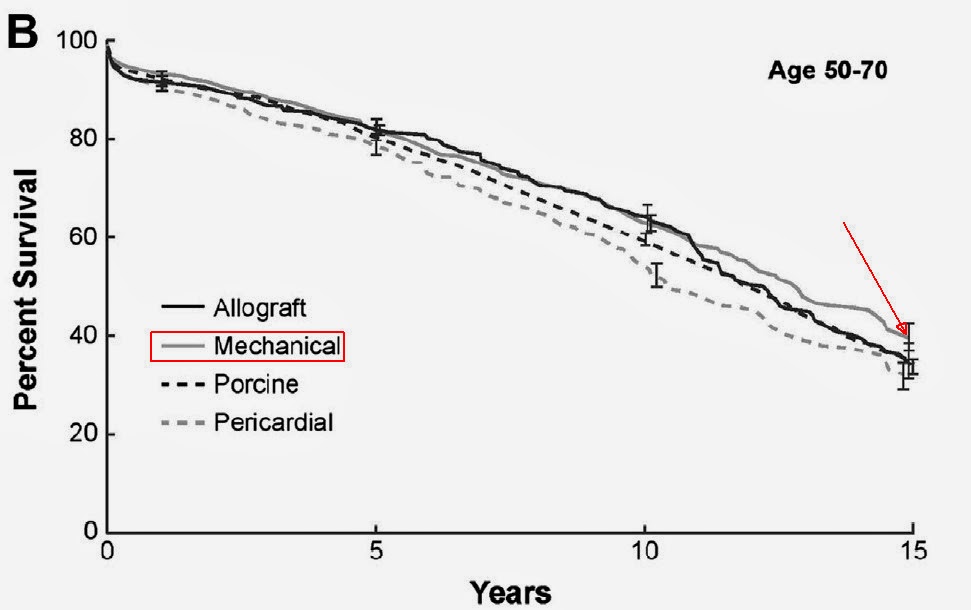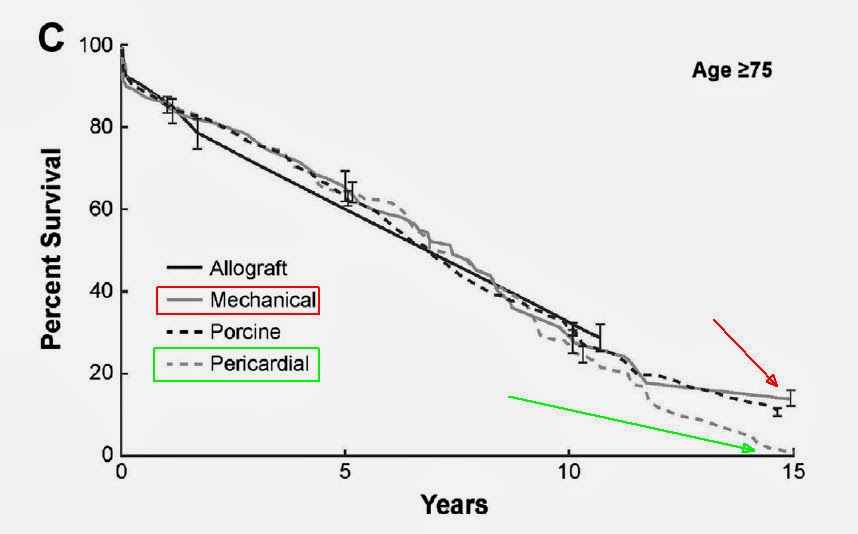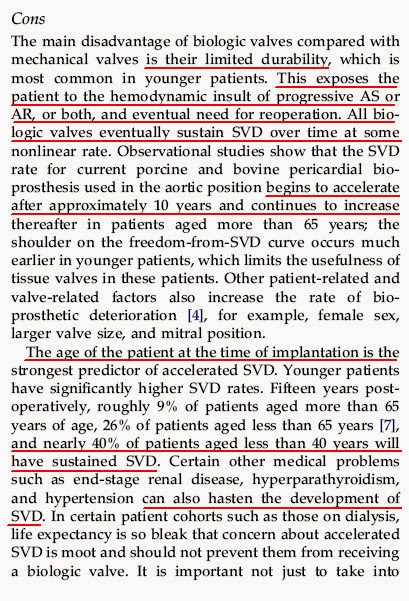woulde
Member
pellicle;n859621 said:has anyone else ever noticed that on many of these "discursive threads", the OP asks a question and somehow never posts again?
Somehow life gets in the way; wrapping up work matters and some personal matters does not always allow for time in front of the computer. I appreciate all of the feedback and support from the members of this forum. I've known for some time that with radiation damage AVR was inevitable so I have lurked here for some time now and learned a lot; time to ask some question as well as "give back" to this community and contribute, be it advice to newcomers or stimulate discussion.
Tissue versus mechanical really seems to provoke debate. I'd read through the many of the other threads on this topic, I think that no choice is wrong as long as it is an informed choice, a legitimate case can be made for either option. Every decision or choice made in life has a trade-off, the value I assign to each variable is going to be different from the value that any of you would assign to those same variables. For me; at this time I would prefer a tissue valve, activity level as well as extended periods of time with no access to medical care as factors.
McCbon: I agree, it is unlikely that I am put in queue and then in pre-operative workup told that maybe waiting would be the best course of action. Too much going serious stuff going on back there to queue up questionable cases.
ALLBETTERNOW: Yes, AVR is as inevitable as the changing of the seasons, just a matter of when. Probably a bit of denial on my part. I think the human body is an amazing organism with a profound ability to adapt and compensate, objectively though I have a sense that it is getting harder for my body to keep it between the rails but not overly so.
honeybunny: Thanks for your input, medically reasonable and no compelling reason to delay probably going to happen. Local cardiologist thought it may be time after stress echo in February of this year, peak jet and mean gradient were severe but area was still moderate. Had a coronary angiogram (thankfully no buildup in coronary arteries) and sent records to Dr. Gillinov who recommended waiting. Interestingly though, the coronary angiogram did not support the severity indicated by the echo findings. All this to say that from a financial standpoint AVR would be better this year as I am pushing up against the $6,000 out pocket limit. But obviously, only if it really is time.
Ske1973: Thanks for the input. I have not seen Pellicle's website but in keeping and open mind I will check it out. Good luck to you as well!
almost hectic: I was told that I would be getting a full sternotomy. If I understand correctly there is concern with radiation induced stenosis and possible damage or complications with adjacent tissues or structures. Best to open 'er wide up to get a clear view.
Per last echo peak jet velocity is 4.4 m/s (has been between 4.3 and 4.8 for the last 16 months), mean gradient is 45.8 mmHg (has been between 37.7 and 50.6 in the last 16 months) and AVA is again at .9 cm[SUP]2[/SUP] (has been between .9 and 1.2 in the last 16 months; .9 16 months ago, 1.2 eight month ago). Perhaps I am mistaken but I think the ejection fraction below 50% and the left ventricle mass are concerning enough that AVR is likely to proceed.
Thanks to all for your advice, experience and feedback. A healthy, vigorous debate helps ensure an informed choice.









